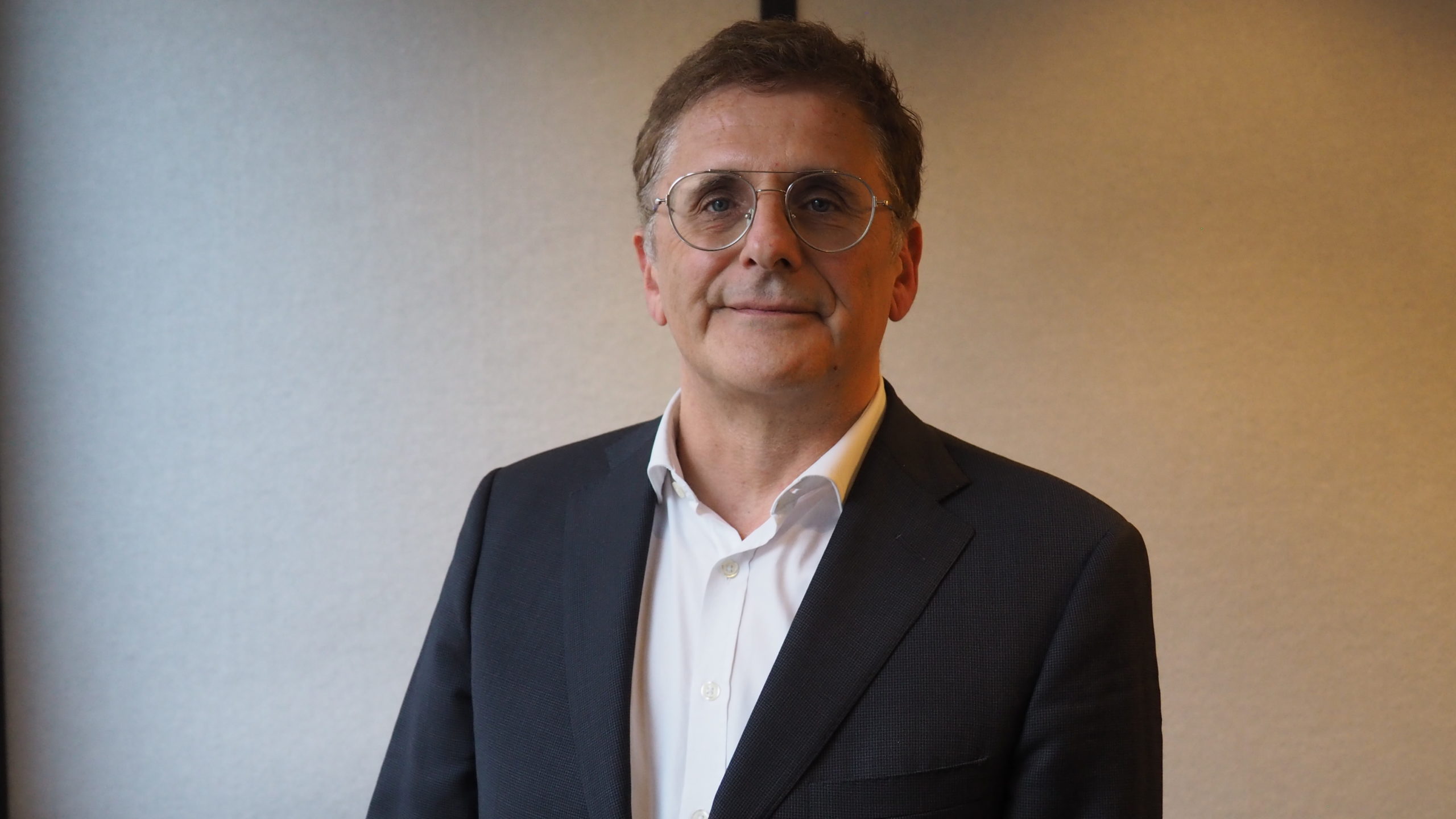Summary of the written interview | Air transport and tourism
What impact has the Covid crisis had on air transport, and more widely on tourism?
The impact on these sectors is immense as activity has come to a complete halt for several months. Indeed, the 9/11 crisis, the SARS crisis and the financial crisis of 2008 together amount to the loss that air transport has experienced in recent months. The same is true for the tourism sector, as hotels, B&Bs and trains also experienced a record drop in business. Experts estimate that the airlines will not return to a normal rhythm of activity until 2025. Despite the absence of flights, fixed costs had to be covered (real estate rents, aircraft parking, employee salaries) and this had a strong impact on the airlines.
So what are the two challenges facing these sectors?
The first challenge is obviously the airlines’ finances. Strict control of finances must be exercised even more than before through renegotiation of contracts, deferral of tax payments, etc.
The second challenge is to prepare for the post-crisis period as well as possible. The complexity is then to anticipate the health situation of a country that opens its borders and then to anticipate the reaction of customers to resume normal activity.
What future can we expect for air transport?
The future is far from being pessimistic since consumer habits are still well established. In addition, Airbus orders are growing steadily, reflecting the confidence of airlines in the sector. On the other hand, the approach to air transport is likely to change due to environmental issues. For several years now, aircraft engine manufacturers have been working hard to considerably reduce their fuel consumption.
What future can we expect for tourism?
The Covid crisis has emphasized the “over-tourism” of which Venice is the world capital. The masses of tourists coming from all over the world to admire St. Mark’s Square may gradually dissipate and give way to a new form of tourism. The new generations are looking for a more authentic tourism and closer to the people.
